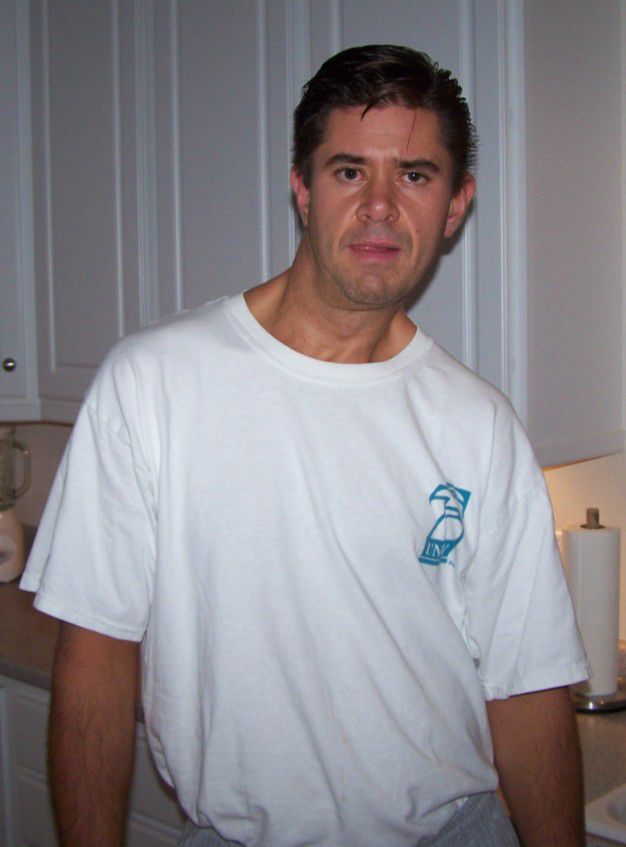To the People Who Don’t Know How to Respond to My Chronic Pain
To the people who don’t know what to think or say about my life with dystonia and chronic pain, it’s OK. I have no expectations. For a while, I was angry when I didn’t feel like my pain and other symptoms were fully acknowledged. After 15 years, I’m OK with it. I’ve learned that I have to be. It’s too exhausting trying to explain and please others. My comfort and happiness must come first — as must yours. We can all take better care of each other if we take better care of ourselves.
That being said, I secretly wish you could live in my body for just one day. I don’t want you to suffer, but a day in my shoes would help you better relate and make me feel more understood. Here’s what I believe you’ll learn about life with dystonia and every other chronic illness.
I’m still a worthwhile human being. I still want to enjoy work, family, friends and leisure activities, but I feel stuck inside a body over which I have little to no control, keeping much of that out of reach. Doctor’s appointments, treatments, medications, the rest needed to function, anger, worry, frustration and fear are all part of my every day life.
Making plans is often uncomfortable because I may not be feeling up to following through. Sometimes driving is difficult. I’ve also become sensitive to certain stimuli, such as bright lights, noises, crowds and certain smells, so I carefully pick and choose my activities.
I may not know how well I will feel each day, let alone hour to hour some days. There are days when I can do more than other days, but just because I did something one day doesn’t mean I can do it again the next.
It’s frustrating dealing with people’s expectation that I get better faster, get over it already and act as though I’m cured when my physical symptoms are unseen or after I get a treatment, most of which just mask my symptoms at best.
When I say I’m fine, it doesn’t mean I’m not experiencing pain or discomfort. Sometimes words aren’t adequate to describe how I am feeling. I attempt to hide my symptoms to avoid being a bother and to try and forget. I desperately want to feel “normal.” The kind of pain I experience has forced me to adopt coping mechanisms that don’t necessarily reflect my real level of discomfort. When I say I’m in pain, it’s usually worse than usual; much of the time I’m just coping and trying to sound happy and look normal.
“Getting out and doing things” doesn’t make the pain vanish and can often exacerbate my symptoms. If I were capable of “getting on with things,” I would. I’m constantly striving to improve and do the right things to manage my symptoms so I can “get out and do things” more. Sometimes I hear others say, “You just need to push yourself more; try harder.” It may be hard to read how I feel on my face or in my body language, but I push myself all the time — sometimes too much and I pay for it later with worse symptoms. Finding balance is one of my greatest challenges. Some days I do nothing but push just to get through the day.
Each day has to be taken as it comes. I have to mentally prepare and carefully consider if an activity is going to cause more symptoms. This can lead to a great deal of fear and anxiety because I never really know how much my body is going to cooperate. Going on day long trips or walking through the mall may be out of the question for me. I tend to need frequent rest breaks so “making a day of things” means something different to me than it once did.
Sometimes I sense that I’m unwanted and unwelcome. This is logical since it probably feels like a slap in the face getting rejected almost every time people ask me to do something. Even if I say “no” most of the time, I still hope you will ask. It’s important to know I haven’t been forgotten and am still valued. Just because “no” is a common response, there are times when I will say “yes.”
It’s hard for me to sit on the sidelines, and I feel deprived when people stop asking me to join in activities. When I am physically and mentally able, I will always say “yes,” so please give me that opportunity.
If listening to the details of my condition makes you uncomfortable for a short while, consider this: what is your short-term discomfort of lending an ear compared to the long-term, chronic discomfort of a friend or loved one?
Talking about dystonia is one of my most important coping tools. Denying me of my best survival mechanism makes a hard day even harder, but bringing it up on my own has become tiring. However, I rarely exhaust of answering questions. I love it when someone takes the time to ask about my condition. Efforts to understand makes me feel valued.
Since you can’t really live in my body for a day to see what it feels like, I hope you will now better understand why I live my life the way I do — self-preservation so I can enjoy every moment to the fullest!
Edited excerpt from Diagnosis Dystonia: Navigating the Journey (2015), by Tom Seaman
Image via contributor


